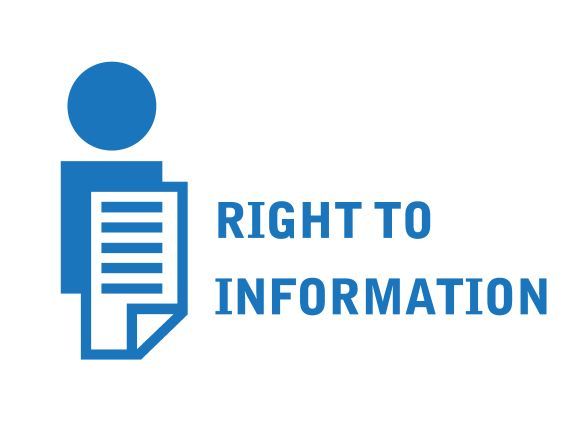 | « Back to article | Print this article |
 Taking a cue from the prevailing public mood against the political class, the Congress leadership -- Sonia Gandhi and Rahul Gandhi -- are said to have clinched the argument in favour of deferring the amendment to the Right to Information Act which seeks to keep political parties out of the ambit of the transparency law.
Taking a cue from the prevailing public mood against the political class, the Congress leadership -- Sonia Gandhi and Rahul Gandhi -- are said to have clinched the argument in favour of deferring the amendment to the Right to Information Act which seeks to keep political parties out of the ambit of the transparency law.
V Narayansamy, minister of state for personnel, public grievances and pensions on Thursday informed the Lok Sabha that the government had decided to send the RTI Amendment Bill to the Parliamentary standing committee for greater scrutiny.
“We will introduce the Bill after we receive inputs from all political parties,” Narayansamy told rediff.com.
The minister maintained he took the decision as several political parties such as the Trinamool Congress, Biju Janata Dal and the Communist party of India did not agree with their parliamentary colleagues on the passage of this Bill. Though he did not mention Rahul specifically, Narayansamy admitted that he could not have taken the decision without the consent of the party leadership.
Although all major political parties in agreement on the amendment of the RTI Act, civil right activists, including Aruna Roy, had been lobbying hard with political parties to stall the passage of the controversial legislation.
As former member of the Sonia Gandhi-led National Advisory Council, which played a key role in drafting the RTI Act, Roy enjoys considerable influence and respect in the ruling dispensation.
Rahul, it is learnt, is said to have gone along with the argument that the passage of this Bill would not be well received by the people who already have a poor opinion about the political class.
“As it is our credibility with the people has hit rock bottom. If we pass the Bill now it will send a very negative message. It will only make matters worse,” remarked a Congress leader.
Moreover, it would have reflected poorly on the Congress president who had personally backed the RTI Act and has touted it as among the major achievements of the United Progressive Alliance government.
This argument gained ground in the last week as the campaign against the Bill gradually picked up momentum. With elections round the corner, political parties which had extended wholehearted support for the Bill initially, started having second thoughts.
Smaller parties like the TMC, the BJD and the CPI took the lead in stalling the Bill. “We were not in favour of the Bill going through but eventually it was Rahul who tilted the balance in our favour,” remarked an opposition leader.
The government had decided to amend the RTI Act after the chief information commissioner passed an order earlier in June bringing six national political parties, the Congress, the Bharatiya Janata Party, the Nationalist Congress Party, the CPI-Marxist, CPI and the BSP, under the RTI Act.
The order said political parties were liable for scrutiny under the transparency law as and got indirect benefit from the government in the formed of office space and free time on television and, therefore, qualified as public authorities.
The government, however, argued that since political parties are not constitutional or government bodies and do not receive funds from the government, they could not be classified as public auhorities.
The Union Cabinet had consequently approved the amendment to section 2 of the RTI Act specifying that the definition of public authority would not include any political party. Consequently, political parties could not be questioned under the RTI Act.
The UPA government had taken this decision after consulting other political parties which were in agreement with the move to nullify the CIC order. Political parties feared that they would be compelled to disclose the source of their funding while rivals would take recourse to the RTI Act to question them about internal decisions such as the selection of candidates in elections or the appointment of office bearers.
As it happens, all these arguments gave way in the light of the larger issues about the credibility and popularity of the political class in an election year.